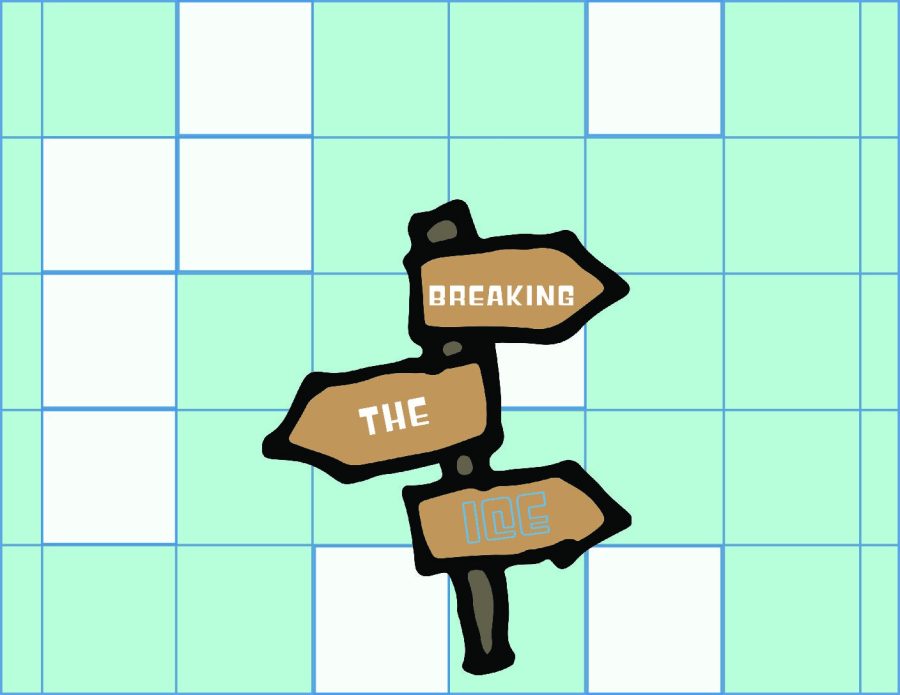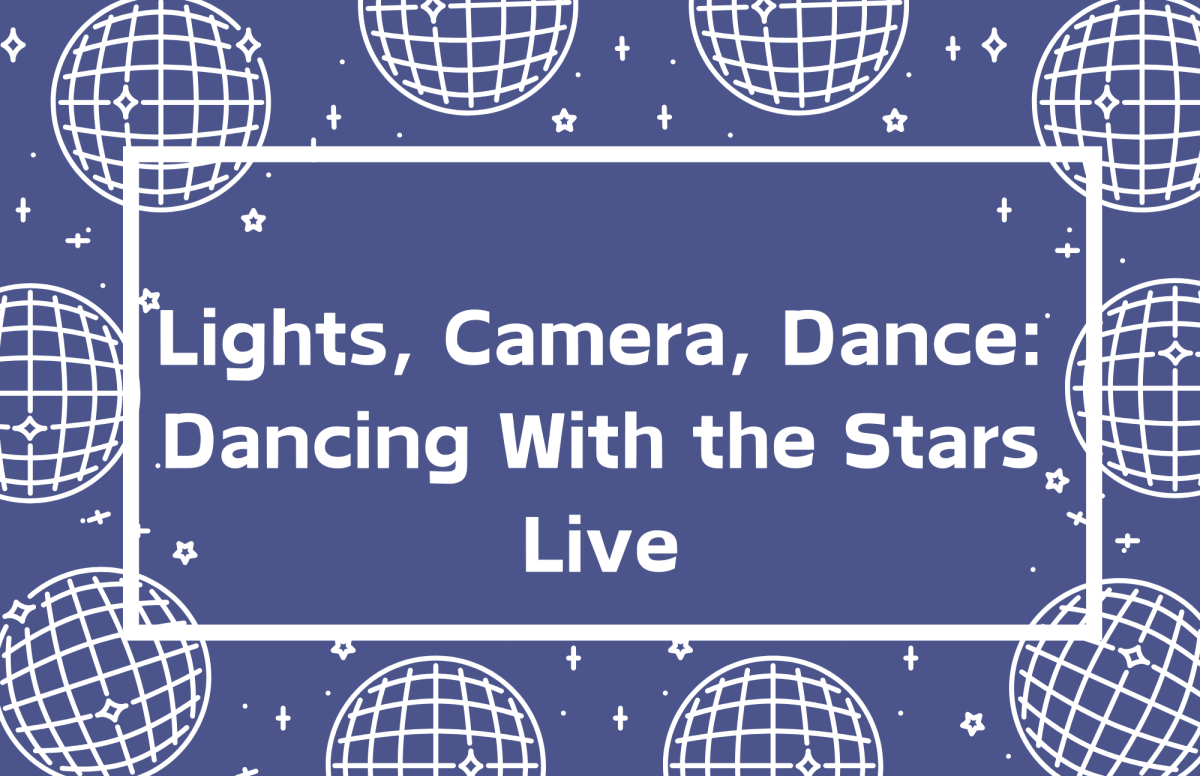At some point in their lives, many people will have to participate in an icebreaker activity, learning about other people’s lives while simultaneously sharing details about their own. Yet, some participants find these activities to be incredibly stressful.
Breaking the ice is viewed as essential by many educators, as it can promote interaction among students and encourage bonds. It is common for many classes during the first day of school to conduct these social learning exercises. Some students find ice-breaking activities a breeze, but others who are prone to anxiety may experience the contrary.
Antioch Community High School math teacher Christopher Stanich has had many experiences with social learning activities being a teacher. Stanich views icebreakers as beneficial for many students—a tool to help students break out of their shells and communicate with others.
“Everybody wants to have their own safe space,” Stanich said. “That’s fine when you’re at school, but there are no safe spaces in life.”
He also believes that it is crucial for students to learn to communicate and get along with anyone; in the future, many students will have to do so.
“You’re going to have to face those things that are issues,” Stanich said. “Whether it be anxiety or you just don’t like people, you’re going to have to face that at some point.”
Some would counter that idea, such as junior Sam Keeler, who has experienced pressure regarding participation in icebreakers. She is not fond of this social learning activity because of its worry-inducing aspects.
“It puts people on the spot and can make them really uncomfortable and stress them out,” Keeler said. “It can cause a lot of anxiety in a class that you don’t know and are forced to talk about yourself.”
Though Keeler does not enjoy icebreakers, she believes that if more people gain exposure to these types of activities, then speaking in a group will lose its anxious connotation; however, some ice-breaking activities need to be reworked.
“Maybe breaking into smaller groups and not being in front of a class,” Keeler said. “I think, for a lot of people, that is a lot of pressure.”
Some people believe icebreakers have more of a positive effect than most realize. Senior Ben Thoma has his own experiences and opinions with icebreakers.
“Icebreakers can be a very good bonding experience between people in a classroom if they are willing to participate,” Thoma said.
He perceives that the more people participate in icebreakers, the more they will assist in getting rid of the stresses of talking to new people.
“I think they can help with anxiety, too,” Thoma said. “With talking to other people and getting to know them.”
To some, icebreakers could be stressful, or they could be a breeze. Nonetheless, the opinions on them are divided, but the activity will not be breaking away from classrooms any time soon.










